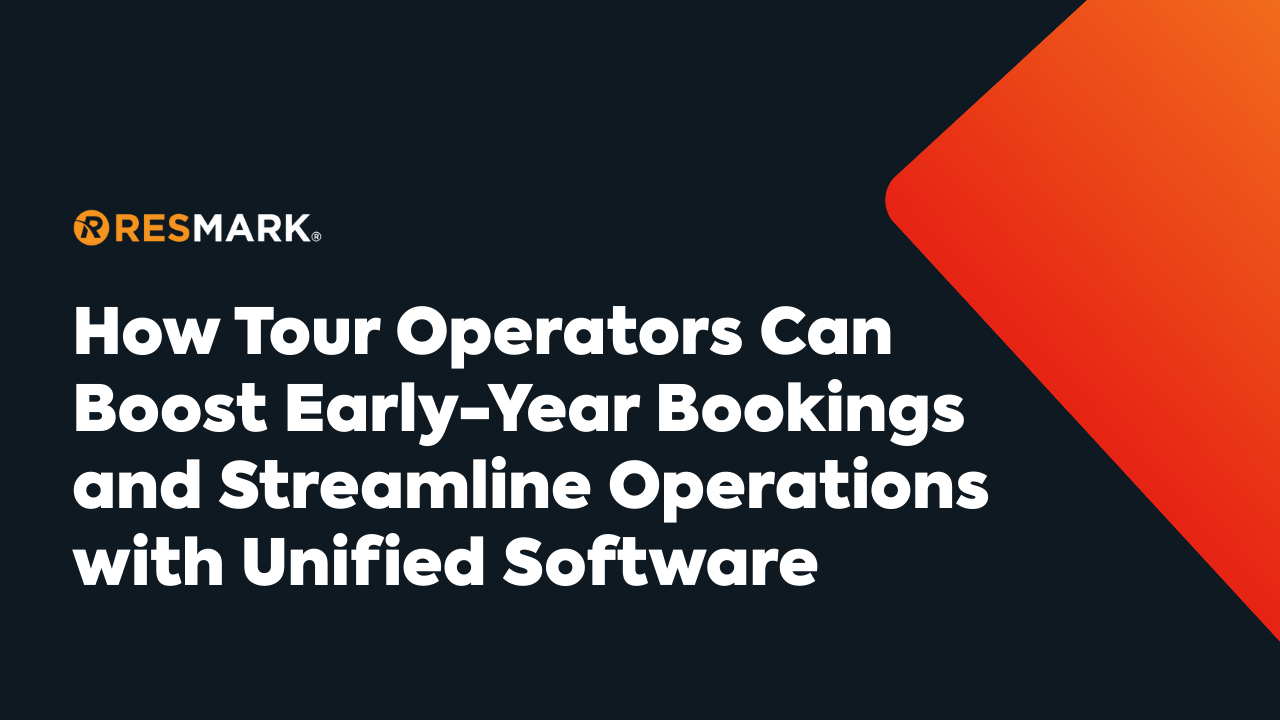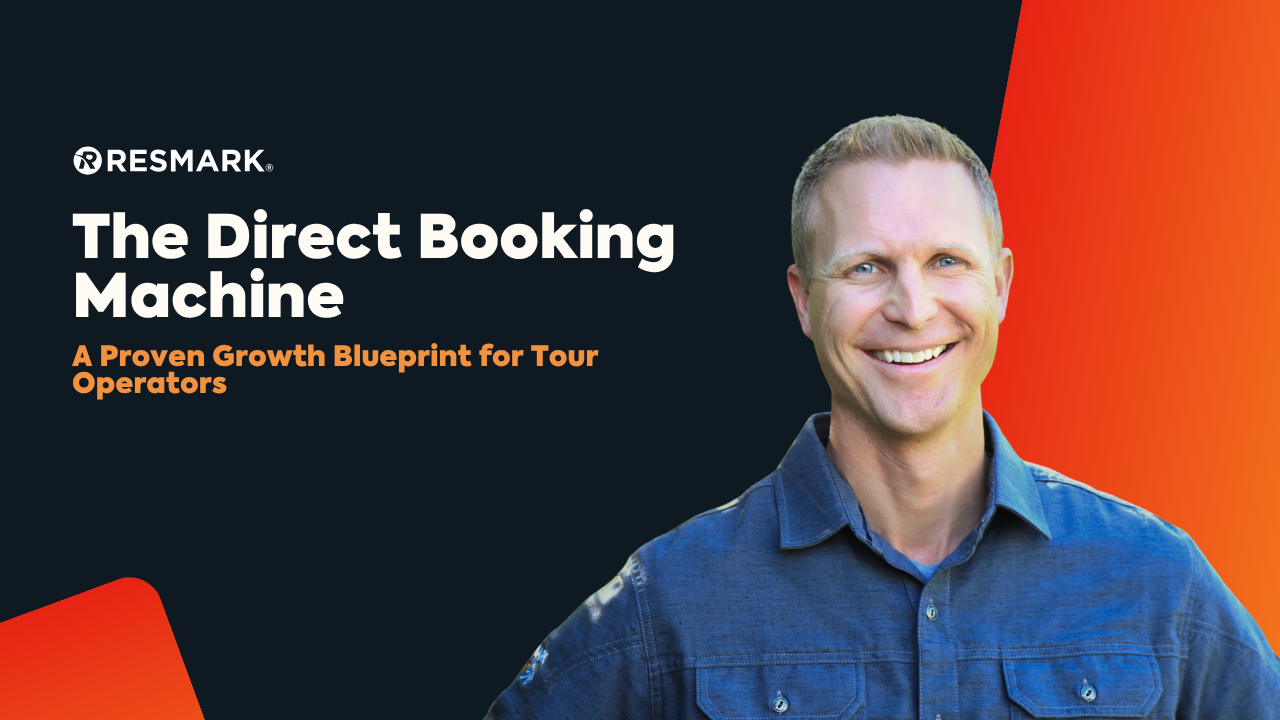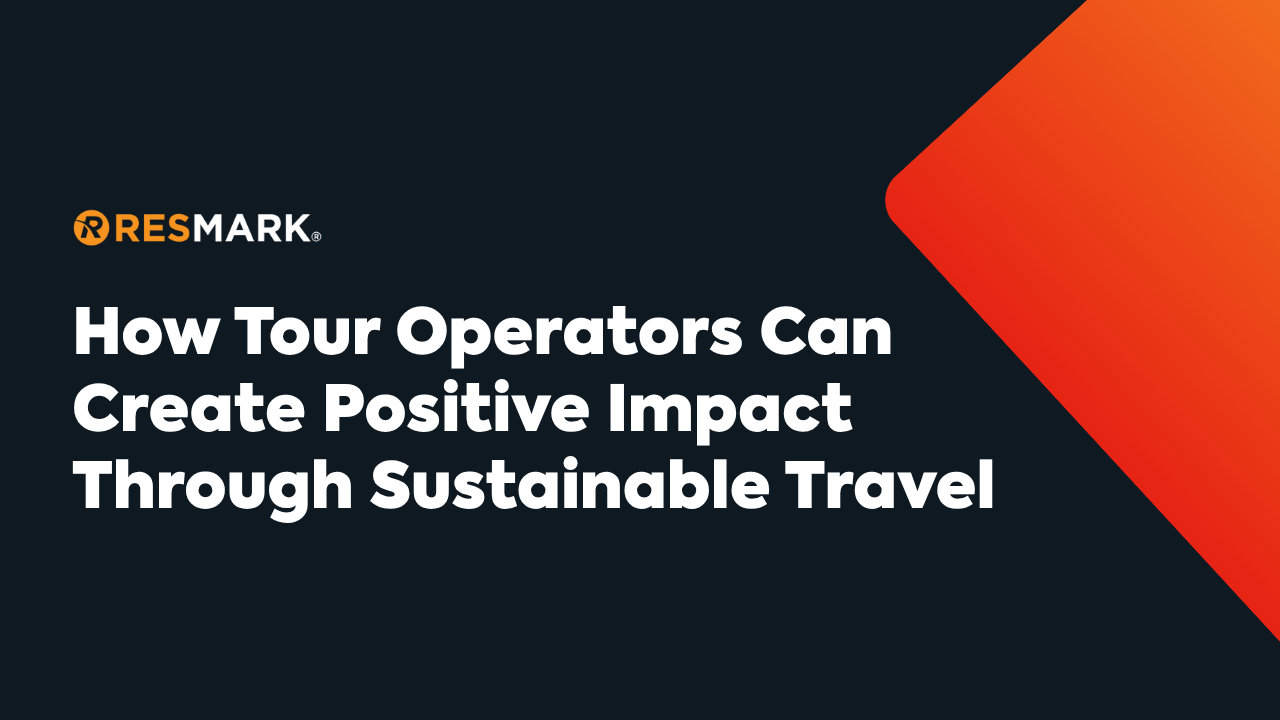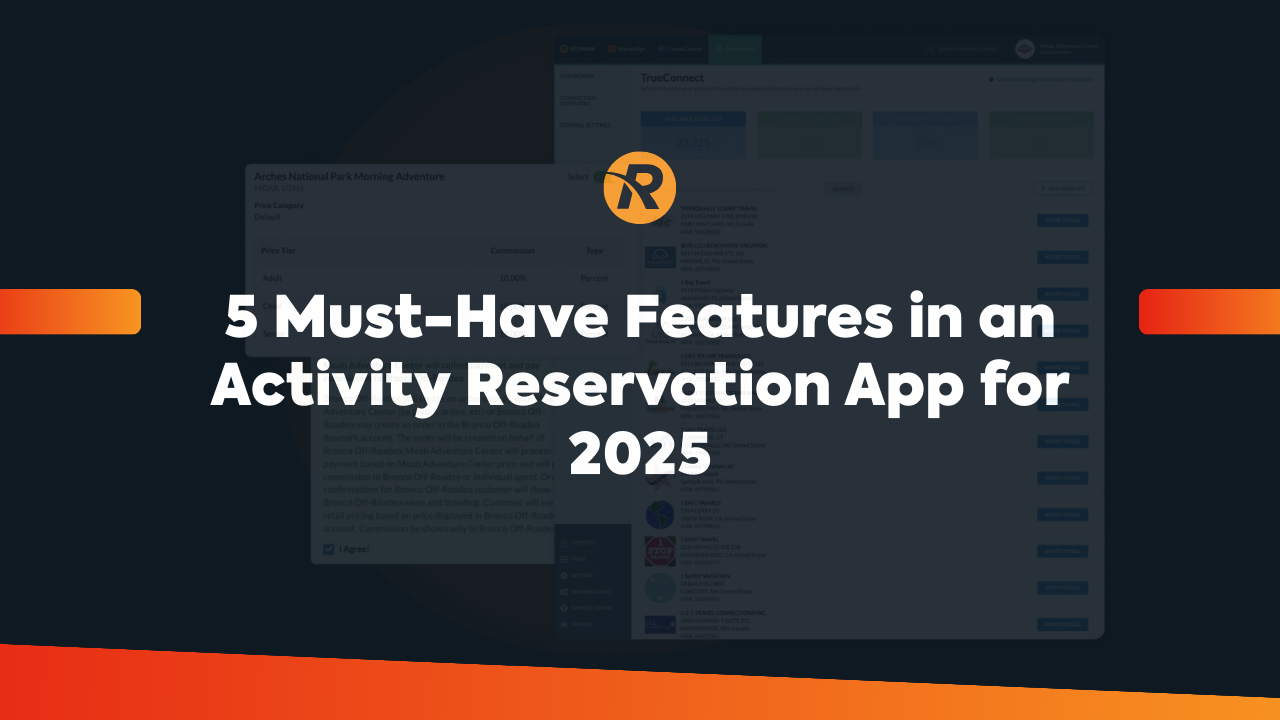Event Management & Booking Software Guide
Event Booking Systems

Being an event manager is no cakewalk. With the rise of comprehensive event management software, businesses are moving beyond spreadsheets and manual tasks. Every event is different, and each one has a ton of moving parts, which could be any of the following:
- The venue
- The caterer(s), bartender(s), or food vendor(s)
- The performers
- The serving staff
- The parking
- The guests
- The cleanup
- The money
A good number of things have to go right for the event to be successful, and even temporary hiccups can really throw a wrench in things. And without careful planning, management, and damage control (when it’s needed), everything is liable to fall apart.
In short, it takes a lot of hard work, and event managers don’t always get the credit they deserve for a job done well.
But you probably already know all of that. What you may not know, however, is that there’s software that can make the job of planning and running an event significantly easier by cutting down on paperwork, helping you keep track of everything, and reducing how often you have to talk to people on the phone yourself.
Sound like it’s up your alley? We thought so.
Very simply, an event booking system is a type of event management software designed to help you schedule, manage, and run events efficiently. It does the job by helping you stay organized, keeping relevant information right where you need it, and allowing you to do things like offer online booking to guests.
Different solutions are built with different end-users in mind, so feature sets will vary from tool to tool. That, of course, means that not every tool will be a good fit, so you’ll want to do your research before deciding on one.
That said, the one feature they all have in common is guest management, typically with online booking. This is the core feature of the software: allowing you to take bookings and track them, keeping the schedule and all of the guest information in the same place. This makes things much easier to manage for you (and your team, if you have one), and (in the case of online bookings) more convenient for the guests.
Common Use Cases for Event Booking Systems
As you might imagine, the term “event” can cover a host of different situations, and each of these separate “use cases” can have different needs. But a solid event booking system can answer the needs of a variety of use cases. To illustrate that, let’s cover some of those use cases, and how an event booking system can help them get things done.
Private Events
Private events are defined primarily by the requirement for an invitation to attend. Weddings, company parties, and family and class reunions all fall under the category of private events. Most private events are one-offs, but that doesn’t make them any less difficult to organize.
An event booking system, often integrated within comprehensive event booking software, can enable you to take and manage RSVPs digitally, making it easier to plan for foodservice, seating, and other headcount-based decisions. Depending on the toolset, you’ll also be able to plan seating arrangements, send out confirmation emails, collect information on dietary needs, and more.
Races
Races come in a lot of shapes and sizes. They include foot races like marathons, half marathons, and 5ks, as well as bike races and triathlons. They’re distinct in that they typically require public spaces as venues (like city streets), which means there are additional logistics to work out for the venue if you’re, say, closing streets down and stopping traffic.
Races can be one-offs, but more often they’re recurring events (usually yearly). They’re also unique because they tend to have a lot of participants (sometimes thousands). And in some cases, it costs money to enter the race, which means you’d need a solution that not only allows booking but allows for payment processing as well.
These are things that an event booking system can simplify. If you have a yearly race, odds are you have a website dedicated to it, so people can find information on it. With most event booking systems, it’s rather straightforward to add an online booking feature right on your site, meaning you won’t have to sit at a desk all day taking calls from hundreds of people.
Beyond that, if you need to charge a fee for entering the race you can do that. Some booking systems even have liability waiver functionality, so if you want to have each participant sign a waiver, there’s that functionality as well.
Sporting Events
Along similar lines are sporting events like tournaments, meets, and other competitions. Whether it’s a swim meet, a basketball tournament, or a baseball game, these events have to worry about two groups of guests: spectators and participants. That means you’ll have to manage venue space for both.
Not every sporting event needs to plan seating for each spectator (as you might in a stadium), and some events only have a single competition space, either of which can cut down on the logistics and planning required. But even the simplest of sporting events will take some setup, some scheduling, and some cleanup.
Additionally, a lot of sporting events involve food vendors, which, depending on how the transactions are handled, can add a layer of complexity (not to mention add to the mess).
With the right event management software, you can plan out all the spectator seats, sell tickets, accommodate for foodservice, administer sports waivers, and more.
Performances
Concerts, stage plays, musicals, festivals, and even movie theaters all deal with similar problems to the events that have already been mentioned. Whether it’s a concert tour for a popular band or just the daily operation of a local movie theater, the right software can make life easier for the managers in charge of the events in question.
For all of these types of events, seating is the primary issue, even if you don’t get as granular as assigned seating. The income from ticket sales is the whole point of the event, so making that process as smooth as possible for both your guests and your staff is priority number one.
There are also food and beverage services, which a lot of these events have—concession stands, independent vendors, or otherwise.
Event booking systems can digitize all of these functions, making the process a lot more seamless for both staff and guests.
Conferences and Conventions
Similar to indoor private events but typically much larger in scope, conferences and conventions tend to take up the entire space at an event venue, rather than a single room. These kinds of events are almost always ticketed, and often last for more than one day. Attendee numbers can range from a few dozen to thousands. And since they usually take up whole days, there’s almost always some foodservice involved.
The purpose of this type of event tends to be the most varied compared to other events. They can be, for example:
- Business-based (industry- or profession-specific)
- Pop culture-based
- Technology-based
- Fitness-based
- Culinary-based
- Trade shows
- Job fairs
- And more
Those who organize these types of events have to manage logistics for attendees as well as presenters. Additionally, though, most of these events (even the ones that aren’t dedicated trade shows) feature a vendor room, where attendees can browse booths run by a variety of businesses. This adds a unique level of complexity to the event, as all of the businesses, their transactions, and the floor space they occupy has to be accommodated for.
Handling so many disparate needs requires an event management system with a rather robust set of features, and quite a few of them aren’t up to the task. Even so, the right software suite can solve a number of these concerns, most notably managing the floor space.
Common Event Locations
Event venues are as varied as the events that are hosted there. Here are a few of the places that frequently host events:
- Hotel conference rooms and ballrooms
- Country club ballrooms
- Auditoriums, theaters, and other stages
- Concert halls
- Small concert venues
- Stadiums and other sports venues
- School property (like gymnasiums)
- Public property (like city streets or parks)
- Residences-turned-vacation-destinations
- Large cabins, farms, farmhouses, and barns
- Outdoor venues like beaches, ships, and rooftops
- Dedicated event venues
Essentially, any place that can be reserved for people to gather can (and often is) used as an event venue, and may benefit from event booking software.
Important Event Booking System Features
What an event booking system is actually capable of depends on the use cases it’s designed to address, and few (if any) have comprehensive functionality. But, to help you identify one that might meet your event management needs, let’s talk about some of the most popular (and often most critical) features.
Booking Management and Online Booking
This is the foundational feature, the heart and soul of any of these tools. With this, you can take bookings online or input them manually. The system tracks all of your bookings and organizes them visually so you can reference them quickly. Some tools even enable you to provide tickets to booked guests.
Ultimately, whether you’re the event manager booking guests or the venue manager booking events, booking is the number one feature you don’t want to be without.
Resource Management
With this feature, you can allocate inventory, staff, and other resources to specific bookings, ensuring that you don’t schedule more bookings than you have the materials or manpower for. It’s also an important functionality for venue managers who need to track the usage of things like chairs, tables, presentation equipment, and so on.
Venue Management
This is the feature that allows you to plan out the physical layout of the event space. Wedding planners, for example, may need to plan out who sits at what table. Concerts and sporting events often have ticketed, assigned seating. And conventions have vendor booths to worry about. This allows you to plot out all of those things on a virtual representation of the space.
Foodservice Management
A lot of events outsource food services like catering, drink bars, or independent food vendors, but sometimes event managers need to handle that all in-house. In that case, you need software to facilitate the sale of food and beverage items, and potentially to process the transactions.
The specifics of this feature will vary from tool to tool, but comprehensive foodservice management allows you to set up menu items, sell them, and process the transactions, giving you full insight into sales numbers, inventory tracking, and customer trends.
Data Management
Speaking of data insight, if you manage lots of events (especially if they’re of different types), you’ll probably want to know things like what’s most popular, what your customer demographics are, what events bring the most attendees, and so on. That’s what data management is for.
First, it stores the information gathered from bookings, sales, resource management, and other functionalities the tool has. Then it tracks that data over time. Finally, the best systems organize all those numbers for you, often giving you visual representations of how those numbers change over time.
Very few tools have the power to rival true business analytics tools, but some can give you quite a bit of data insight on their own, and almost all of them allow you to export the data for uploading to more robust number-crunching tools.
Customer Outreach
Sending individual emails to large groups of people is time-consuming at best and downright infeasible at worst. The good news is, there’s a straightforward solution to the need to send the same confirmation email to 300 people. It’s called marketing automation.
Now, not everyone cares to follow up with guests by email after they book, but some event managers need to, and it can become incredibly tedious as the number of bookings rises. If you’re the venue manager, and you’re just taking bookings for each event as a whole, it may not seem too troublesome, but should you be managing the bookings of individual attendees, things can get out of hand really quickly.
Marketing automation can simplify things, by allowing you to set up automated emails that trigger whenever a specific condition is met (when someone makes a booking, for instance). Rather than having to draft an email every time you have to send customer correspondence, marketing automation can take a single email, and email it to everyone who needs it.
Very few event booking systems have this feature built in (and we’re not just saying that because RESMARK has marketing automation). It’s outside the purview of most tools, and your options instead become solutions like Hubspot and Mailchimp that can cost hundreds of dollars a month or more, and may not play well with your booking solution.
With the right event booking system, though, you’ll have the tools you need to handle:
- Confirmation emails
- “What to bring” emails
- “How to make the most of your experience” emails
- “What to expect” emails
- Reminder emails
- Payment reminder emails
- Requests for signatures on documents like waivers or photo releases
- Post-event review requests
So, if you’re sending hundreds or thousands of emails a month, be sure to check if this feature is included in your digital event booking system.
Lead Generation and Nurturing
Private events limit attendees to just the people who are relevant to the event, and if fewer people RSVP, it’s technically saving money on things like catering for whoever’s footing the bill. Public events are different. In nearly every case, getting more attendees is better than having fewer, at least until you reach max capacity. But how do you increase the number of attendees?
Advertising is a viable method, but it’s costly, and not every event manager has the budget for it. A more cost-effective solution is lead generation and nurturing.
With lead generation, you can set up lead capture forms on your website, allowing you to capture the contact information (typically the email address) of potential attendees. From there, you “nurture” the leads with email campaigns, much in the way you might with guests who have already booked, by using marketing automation.
Lead generation and lead nurturing cost only what it takes to initially set it up, and they continue to benefit your marketing and sales efforts essentially in perpetuity. It’s an incredibly effective way to increase sales without having to devote a significant portion of the budget to the endeavor.
Who RESMARK Works For
You probably remember us mentioning above that few—if any—solutions are comprehensive. So at this point, you’re probably assuming that when we listed important features, we only listed features that RESMARK actually has, so that we look comprehensive as a solution. Well, we’re sorry to disappoint, but there were several features up there that we don’t currently offer.
The truth is, RESMARK just can’t meet the needs of every use case. Our event booking system is always under development, and we’re adding new features all the time, but there’s only so much a single team building a single solution can do. So we’d be very remiss if we weren’t honest about who we can help, and who we can’t.
We’d much rather be fully transparent, and avoid wasting your time with a sales call for a solution that can’t meet your needs. So let’s do just that.
You’d Benefit from RESMARK If…
While not comprehensive, our solution is very robust. It’s built from four primary components:
- RES+, the core booking software
- WaiverSign, our digital document and online signing tool
- CruiseControl, our marketing automation solution
- TrueConnect, our reseller and distribution channel manager
That last one is primarily for our tour and activity operator clients, who often have networks of travel agents, hotel concierges, and fellow operators who help them sell bookings. Rather than having to manage all of those relationships manually and answer actual phone calls (who does that anymore?) to take bookings from partners, TrueConnect allows users to do all of that digitally, including handling partner commissions.
Additionally, RESMARK boasts a few other benefits, like analytics reports, lead gen capabilities, an incredibly intuitive user interface, and a US-based support team that’s easier to get a hold of than almost any other support team.
In other words, RESMARK is an excellent software suite for organizations that need:
- Lead generation and nurturing
- To send identical emails to large numbers of guests
- To gather signatures on documents digitally (a must in a post-COVID world)
- Help managing third-party sellers of bookings
- Sales and operations reports
- A solid booking solution with the other tools they’re looking for already baked in
You’re Looking for Something Else If…
There are two major features that RESMARK doesn’t have the functionality for currently. The first is venue management (like planning seating in physical space). We don’t have tools for you to outline a room digitally and lay out what’s going to occupy that space.
We also can’t handle foodservice transactions (just like we can’t facilitate retail sales). While you could certainly set up menu items (or retail items) in our system, we can’t do UPCs, those easy selection touchscreen buttons like they have at fast food places, or things like that.
More importantly, our system is designed to collect information with each purchase, like name, phone number, email address, age of participants, and so forth. Even if you ditch all other questions, bare minimum you’ll have to fill out an email address with each online order (though email doesn’t have to be required for in-house orders).
We’re also not what you’re looking for if you don’t have your own merchant services account. Resmark is designed for a business-oriented market, meaning we don’t process credit cards on your behalf and then give you the money later, like some other booking solutions do.
Instead, you’ll have to set up a merchant services account under your name or your business’s name. Then, when we process transactions for you, the money goes directly into your bank account with each transaction.
And in the event that we’re not the right solution for you, keep in mind, it doesn’t mean we still can’t help you. We’re very familiar with our peers and competitors in the market, and have a good idea what many of them are capable of. So if we’re not a good fit, you can still get in touch with us, and we can help you find a toolset that does work for you, without pressuring you to try ours.
Booking System Pricing
We figure you’d also probably appreciate a little transparency concerning pricing too, since pricing is pretty complicated in the event booking space, and not every brand is brave enough to talk about what they cost out in the open. But that doesn’t really help you, does it? So let’s talk about it, so you can tell when a solution is charging more than normal.
What’s important to know is that, when they do talk about price, a lot of brands use either confusing pricing or straight-up hidden fees to make it more difficult to know exactly what they cost. For example, they may charge one price for base functionality, add on prices for additional venue spaces or bookings, separate fees for card processing or website integration, and so on. Look for event booking software that integrates seamlessly with CRMs, marketing tools, and calendar apps to streamline your operations.
Ultimately, though, most fall into one of two categories:
- Monthly subscriptions based on pricing tiers, where higher tiers include more functionality and support
- Per transaction fees that can either be absorbed or pushed onto the customer
Subscriptions
For subscriptions, some brands start with a “free” plan that offers base functionality and limited features for those who don’t need the whole suite. This can be useful, especially if, say, you’re planning your own wedding, and you won’t be scheduling events ever again after the big day.
It’s less useful for those who have multiple venues, book lots of events, or book through most of the year, especially because one of the “features” that’s typically limited is support availability.
Lower-tier plans typically cost around $10–$20 a month, often billed annually, so expect to shell out around $100 to $200 just to get on board. You should also expect to be limited in the number of guests who can book, the number of venues you can manage, custom field functionality, ways you can contact support, and more with these lower-tier plans.
Pro or business plan subscriptions range from $40–$70 a month (or $480–$840 a year). Even at this higher tier, some still put a cap on the number of simultaneously scheduled events, the number of bookings, the length of time guest data will be stored, the number of users, and more.
Finally, most brands have custom plans for high volume clients.
Transaction Fees
The other pricing strategy charges you based on how many transactions you make. Now, some brands charge only for online bookings (but charge at a higher percentage, even as high as 10%), while some charge for any booking made through the system (but at a much lower rate).
Others still use a hybrid system, where they charge a standard, lower rate for all bookings, but then tack on a much higher rate for any online transaction that’s made. Finally, some brands lower the price per transaction if you connect with their payment processor, so they can save money on the processing.
To gauge just how expensive a given transaction fee is, you first have to understand how much payment processors actually charge to...you know...process payments. Typically, processing a card costs between 2% and 4%. The cost goes up if it’s a card with a lot of rewards, and stays low if it’s just a basic debit card.
Because of this, most transaction fees will sit between 3% and 4% so that the booking system can cover their processing costs and still make a profit. Those that employ transaction fees as low as 2% usually combine it with something else, like a monthly subscription fee (like we do; more on that below).
Similarly, there are a few transaction fees that dip below 2%, but since this is below what processors charge, they have to supplement that fee with something else in order to turn a profit (often a hidden, much higher online transaction fee).
You’ll also see a lot of brands trying to handwave high transaction fees by trying to say that you can push the fee onto your booking guests. While that’s true, pushing a 10% fee onto, say, an attendee booking a business convention ticket that costs $2,500 will seem like a bit of a ripoff to the attendee.
In other words, keep an eye out for high fees and hidden fees, because some brands like to sucker punch you with them.
RESMARK’s Pricing
How do we do it here at RESMARK? Well, we like to keep our pricing simple. We have three options. First, we have a 3.5% booking fee with no flat monthly fee. This is for those who don’t book all year, only want to be charged for bookings they take, or who simply plan to push the whole fee onto their customers.
Next, we have a 2% booking fee with a $95 monthly fee, for those who want to reduce the fee being pushed onto guests when they book, or who book in higher volumes and want to save on the booking fee. Finally, we have custom pricing for businesses processing over $3 million annually.
No matter which pricing plan you choose, you get full access to the whole RESMARK suite. No limits, no restrictions. Full-fledged support is included, and the team can be reached by email, by phone, and in-app. There’s also no cap on usage of the system; you get unlimited users, bookings, transactions, and so forth.
Conclusion
All of us in this corner of the SaaS industry are trying to make the lives of event managers easier, but each of us come at the problem with a different approach. This results in different toolsets, and no single toolset meets the needs of every use case. Even when the solution solves your problems, the price may be cost-prohibitive, making it a bad fit anyway.
We know RESMARK won't be right for everyone, but it's a carefully built event booking system that solves many of the problems event and venue managers face. Beyond that, we’re very familiar with the tools on the market, and we can help you find the software that's right for you in the event RESMARK isn't what you're looking for. Choosing the right event scheduling software or event management software depends on your business needs, but the goal is always the same: simplify, automate, and grow.
Share This Post












